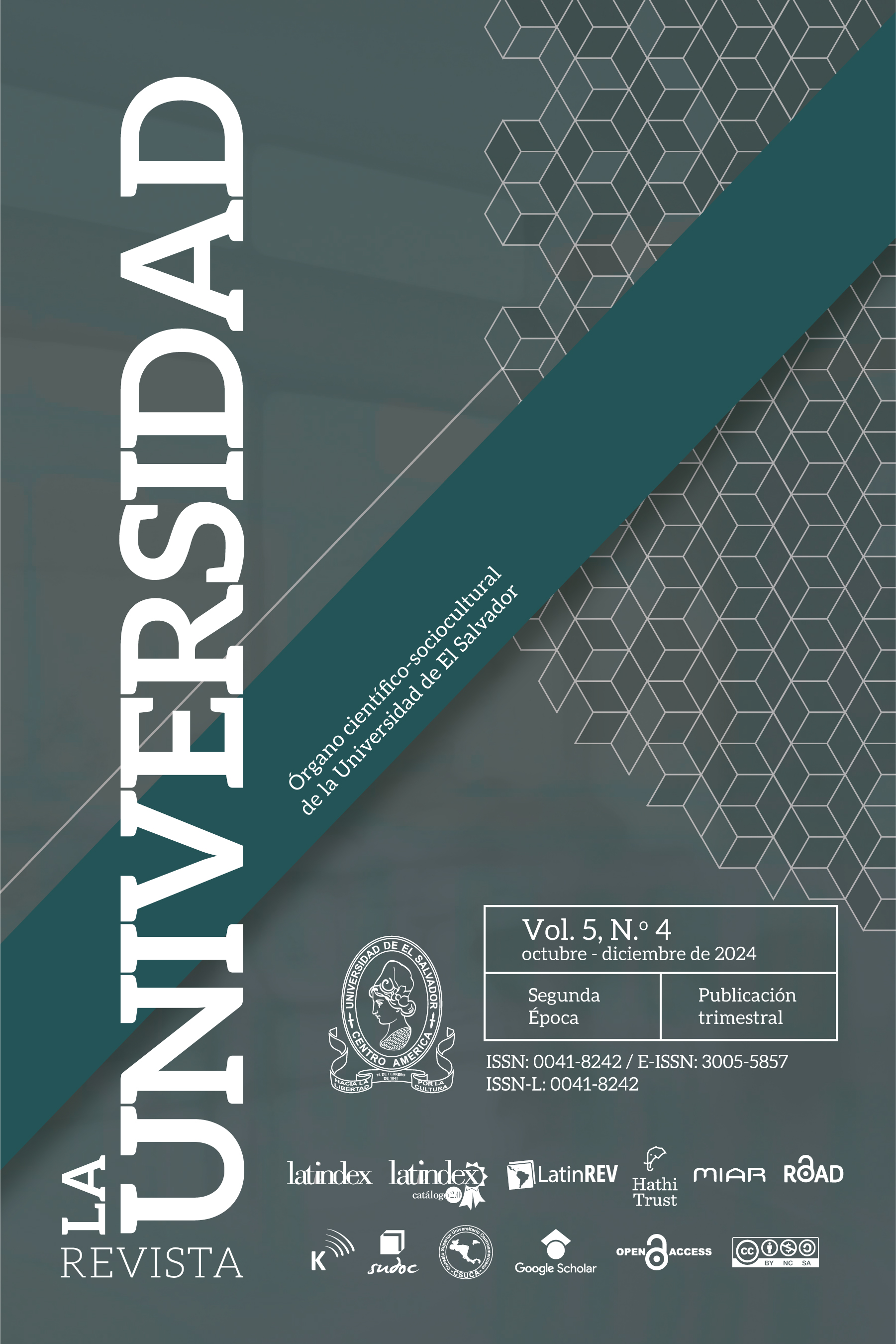Rationalism and positivism: dialogues, approaches and distances
Keywords:
cartesianism, epistemology, positivism, rationalism, scienceAbstract
This article explores the relationships and differences between Cartesian rationalism and Auguste Comte’s positivism, two philosophical currents that, although separated by time, share certain epistemological goals. Through an analysis of René Descartes’ methodical doubt and his emphasis on reason, it examines how Cartesianism seeks knowledge based on clear and distinct certainties, in contrast to positivism, which focuses on empirical observation and rejects metaphysical speculation. Although Comte rejected Descartes’ metaphysical aspects, both advocated for the creation of a unified system of knowledge encompassing all disciplines. By reviewing key authors such as Leibniz, Spinoza, and Neurath, the influences and tensions between these currents are highlighted, contributing to the understanding of their philosophical legacy.
Downloads
References
Andrade, J. A. (2024). Carta al editor: Entrelazando saberes: epistemología, investigación y constructivismo en las ciencias de la educación. La Universidad, 4, 1–6. https://revistas.ues.edu.sv/index.php/launiversidad/article/view/2902/3035
Andrade, J. A. (2024a). Transdisciplinariedad y complejidad en la investigación. Revista Vida, Una Mirada Compleja, 6(1), 1–17. https://doi.org/10.36314/revistavida.v6i1.39
Andrade, J. A. (2024b). Transmétodos y educación: Algunas reflexiones inacabadas. Revista Vida, Una Mirada Compleja, 6(1), 19–32. https://doi.org/10.36314/revistavida.v6i1.40
Andrade, J. A. (2024c, July 28). Epistemología, complejidad y diálogo entre saberes. Conferencia Inaugural Doctorado En Educación. https://youtu.be/sE0FobtmDiU
Berg, H., & von Schomberg, R. (2011). The Role of Science and Technology in the Governance of Emerging Technologies. In Emerging Technologies and Society (pp. 43-60). Springer.
Carnap, R. (1937). The logical syntax of language. Open Court Publishing Company.
Comte, A. (1975). The positive philosophy. AMS Press.
Cottingham, J. (1986). Descartes. Basil Blackwell.
Cottingham, J. (1992). The Cambridge companion to Descartes. Cambridge University Press.
Descartes, R. (1996). Meditations on first philosophy (J. Cottingham, Ed.). Cambridge University Press.
Ferrater Mora, J. (2004). Diccionario de filosofía. Alianza Editorial.
Garber, D. (1992). Descartes’ metaphysical physics. University of Chicago Press.
Giddens, A. (1993). New rules of sociological method. Polity Press.
Hempel, C. (1966). Philosophy of natural science. Prentice-Hall.
Heylighen, F. (2008). The Science of Complexity: A Philosophical Overview. In Complexity and Postmodernism: Understanding Complex Systems (pp. 16-32). Routledge.
Hulme, M. (2009). Why We Disagree About Climate Change: Understanding Controversy, Inaction and Opportunity. Cambridge University Press.
Malebranche, N. (1997). The search after truth. Cambridge University Press.
Nadler, S. (2006). Spinoza’s Ethics: An Introduction. Cambridge University Press.
Neurath, O. (1931). Protocol Statements. In A. J. Ayer (Ed.), Logical Positivism.
Popper, K. (1959). The logic of scientific discovery. Hutchinson.
Russell, S., & Norvig, P. (2016). Artificial Intelligence: A Modern Approach (3rd ed.). Pearson.
Spinoza, B. (2002). Ethics. Penguin Classics.
Downloads
Published
Issue
Section
License
Copyright (c) 2024 Authors who publish in Revista La Universidad agree to the following terms: Authors continue as owners of their works, non-exclusively assigning dissemination rights to La Universidad Journal under the standards of the Attribution-NonCommercial-ShareAlike License: CC BY-NC-SA 4.0. This license allows the use of a work to create another work or content, modifying or not the original work, as long as the author is cited, the resulting work is shared under the same type of license and has no commercial purposes(https://creativecommons.org/licenses/by-nc-sa/4.0/deed.es).

This work is licensed under a Creative Commons Attribution-NonCommercial-ShareAlike 4.0 International License.





